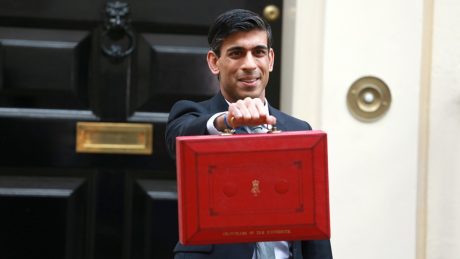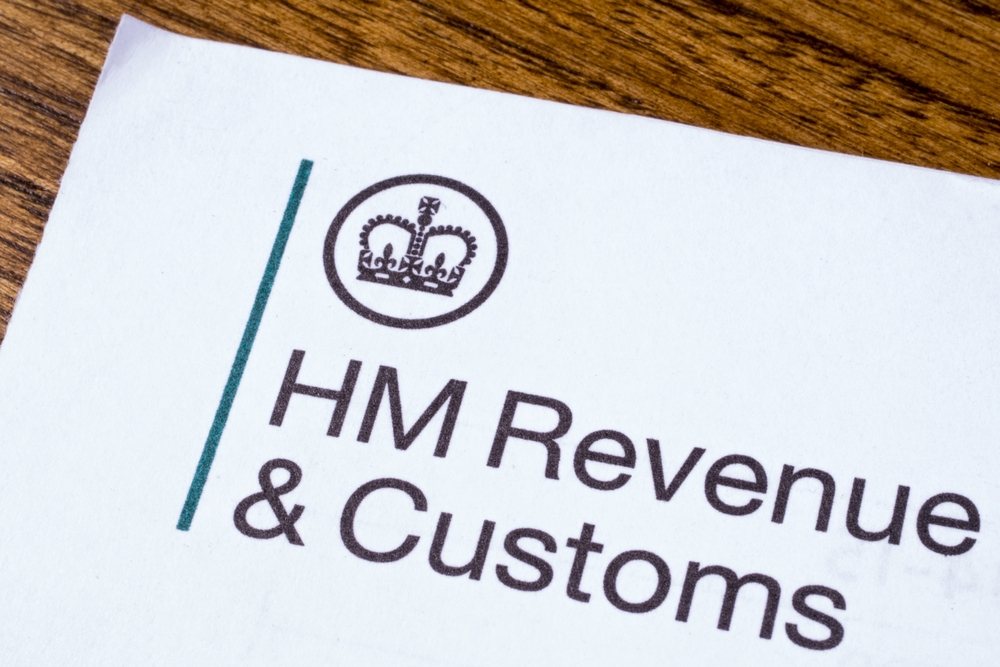Chancellor Rishi Sunak announced in his budget yesterday that as well as the £100m (and 1,265 investigators) being directed at investigating fraudulently claimed furlough and other Covid-19 support payments, further measures will be taken to counter tax avoidance and evasion.
The “red book” that accompanies the budget provides the detail and makes interesting, although relatively brief, reading.
There is talk of “interest harmonisation” across VAT and the other taxes but in relation to business taxes only. Conspicuously absent, therefore, are any comments about addressing the interest charged on late paid tax versus the interest paid by HMRC on tax owed to taxpayers. This is surprising, bearing in mind that HMRC undertook to review how interest is charged and paid on the back of recommendations in the Morse review of the Loan Charge.
HMRC is acutely aware that the accrued interest on the older tax avoidance schemes can sometimes equal or exceed the tax, which can be a significant barrier to settlement. If HMRC wants to start clearing the huge backlog of avoidance cases, it is an issue HMRC needs to address.
Tax avoidance
Tax avoidance seems to be the main focus for HMRC, with promoters of tax avoidance at the forefront. There are already severe sanctions for such promoters, but the red book says HMRC is keen to strengthen the existing regime and “tighten the rules”. It is not clear what new sanctions will be introduced or when, but it is clear that in targeting promoters of tax avoidance, HMRC is taking a “prevention is better than cure” approach.
Overall, £180m is being invested in HMRC “resources” in 2021/22 over and above the £100m to be spent addressing furlough fraud. These resources appear to be technical, ie digital as well as physical (in the form of personnel). In this respect, the red book refers to “compliance staff”, which is the polite title for investigators. HMRC expects to increase revenues by £1.6bn by virtue of this £180m investment.
Staffing in HMRC is an issue, and as it has not recruited widely for several years, it is expected HMRC will need new staff to work on the investigations rather than simply moving staff from teams that are already stretched. These staff will need to be trained, so this is likely to be a long-term investment by HMRC.
Certain old favourites are named in the red book for continuing attention as HMRC realises there is still a lot to be done, namely: Disguised Remuneration and the Loan Charge.
The Loan Charge, in particular, has become a thorn in HMRC’s side with ongoing compliance activities required to police it. It was not the easy fix HMRC at first anticipated. For example, employers that had made relevant loans to their employees were required to report and pay PAYE and NIC on the loans (treating them as remuneration) on 19 April 2019. We understand that a large number of employers have neither reported nor paid the liability, and HMRC is now on the verge of pursuing them. It is questionable why it has taken HMRC two years to do so, but these employers are now likely to be subject to significant interest charges and penalties.
Investment in HMRC
Finally, there is a comment at the end of the “investment in HMRC” section that should not be overlooked. The red book says the government will “continue to fund….early intervention to encourage individuals to exit tax avoidance schemes”. We believe this refers partly to a fresh HMRC approach to old tax avoidance enquiries. Historically, HMRC would challenge a tax avoidance scheme, and when it considered it did not work, would pursue it through the courts, demanding the full tax and accrued late payment interest from the taxpayer. Many taxpayers could not afford the bill and found ways to “kick the can into the long grass” by litigating or joining various groups.
Personnel from HMRC’s Counter Avoidance Directorate have informed us that HMRC is now taking a fresh view. As a way of encouraging taxpayers to come forward to “exit”, ie settle their involvement in tax avoidance schemes, HMRC is willing to discuss means-based “sub-standard” settlements. This is a huge opportunity for taxpayers who have old avoidance enquiries hanging over them to negotiate a settlement with HMRC that may be significantly less than they owe. In turn, HMRC will clear the decks of some old enquiries and bring some much-needed revenue into the Treasury.
Covid-19 is impacting individuals and companies around the world in an unprecedented way. We have collected insights here to help you navigate the key legal issues you may be facing at this time.
You can find further information regarding our expertise, experience and team on our Tax Litigation and Investigations and Financial Crime pages.
If you require assistance from our team, please contact us or request a call back from one of our lawyers by submitting this form.
Subscribe – In order to receive our news straight to your inbox, subscribe here. Our newsletters are sent no more than once a month.







